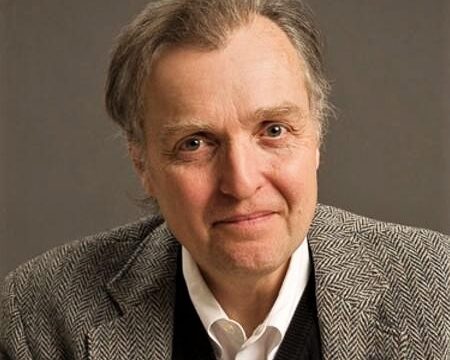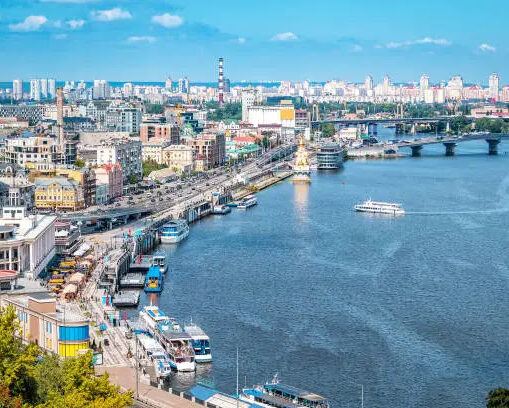America—under the prodding of Black Lives Matter—struggles with the question of police behavior, even as it shells out millions and millions following abusive encounters.
How to explain it?
Practically all of us get it when combat soldiers speak of the mystical bond forged by shared danger.
That, folks, is it.
Shared danger. Us versus them. Cops versus assholes. Cops forge bonds with partners that are stronger than any other of their relationships, however close.
Is this a mystery?
So, what to do?
Well, the simple, tragic fact is that, after 60 years of deep involvement in police work at all levels, I simply don’t know how to change the culture of the “Brotherhood in Blue” (with apologies to the many women in the ranks).
“The job sucks.”
“The Chief is a psycho.”
“Morale has never been lower.”
These—and similar sentiments—guide America’s cops’ bitches and moans.
Yet nobody quits. Try firing one or two if you want a truly Sisyphean struggle. And they stay and stay. Policing—as a job—is amazingly stable and incredibly competitive. And, thank God, they are now sensibly paid, with generous benefits (of which I have to confess I am a beneficiary). And—another secret—their morale is high. The internal culture is Atlantis—shrouded in myths.
Confronted with that dilemma, I decided—early on—that the only hope was to change behaviors and ignore the culture and attitudes. And the only way I could see to do that was to control through fear. And they ain’t ever gonna love ya if you frighten them.
Not very edifying, right? We call that Realpolitik.
A famous general turned the war in Iraq into a success for America when he insisted that American troops treat Iraqis decently.
My approach was the same.
Cops (black or white they are all blue) had to account for every contact. Did they have probable cause and iculable (reasonable) grounds? If not, they could not make stops—period. If they did, disciplinary action followed. This is not brain surgery.
Organizations, like other organisms, wax and wane. Most unions are in decline because of globalization and outsourcing, but you can’t outsource policing and teaching very conveniently. So police and teachers’ unions have grown so powerful that they weaken the institutions their members serve as they further the interests of the members against the attempts of management to control them.
A quandary—and, unfortunately—a highly visible one.
The dynamic is not really understood by city councils and mayors, which results in the appointment of chiefs who have come up through the ranks and are thoroughly acculturated. Currently, Chicago is one prime example of Brand X, but others will vie for the crown vigorously.
Is there hope? Can we discern a bit of progress? Can we get reformers into the chief’s chair?
Over a long life I’ve discovered not all problems succumb to the rosy hue of American optimism. The short answer here is nope.
We insist on answers. We are a “Yes, we can!” people, yet the central problem of curing racist behavior through an understanding of the police culture continues to elude us.
I am not hopeful.
Sorry.
























I appreciate your continuing to serve the public, Mr. Bouza,
through your writing.